While there is no data for fertiliser sales this year, all signs point to it being one of the lowest overall for tonnages bought by farmers.
With the weekend of 13 October bringing the deadline for farmers to report closing stocks on the national fertiliser database, it is worth taking a look at what might drive prices into 2024 and whether we will ever see a return to the price levels that prevailed in 2020-21.
Looking at a 20-plus year chart of fertiliser prices (see Figure 1 showing the price per tonne of calcium ammonium nitrate (CAN)) we can see that they generally were fairly stable until 2008, when they almost doubled, and then after calming for more than a decade, spiked higher again last year.
While much of that spike has since reversed, we have not seen a return to pre-Ukraine invasion price levels yet.
Looking at the chart again, we can see that while prices dropped after the rapid rise in 2008, they settled at a much higher level. The average price from January 2001 to December 2007 was €205 per tonne. The average price from January 2011 to December 2017 was €305/t.
Stable
The remarkable thing over both of those periods is how stable the price was around those levels.
The thing we’re seeing as the 2023 season ends is that CAN is trading around €400/t. If past performance is any (rough) guide, then perhaps this is as good as its going to get for fertiliser prices.
There are short-term risks to this view from the rise in hostilities in Israel. Global supplies of potash have already been disrupted, but it is the risk of an escalation into a wider regional conflict which would hit energy prices that is the biggest long-term threat to prices.
Analysts at Bloomberg Economics suggest a confined war in Gaza would lead to a price rise of $4 in a barrel of oil – something we have already seen.
But they suggest that a wider regional conflict could add a whopping €64 to the price of oil, pushed a barrel of Brent close to $150 - a level it spiked to in 2008.
Right now, it looks like the best possible outcome will be for fertiliser prices to not rise much further from here.
This needs a few things to go right – the conflict in Israel needs to be contained; the price of energy needs to go lower; and there needs to be no fresh escalation of the conflict in Ukraine.




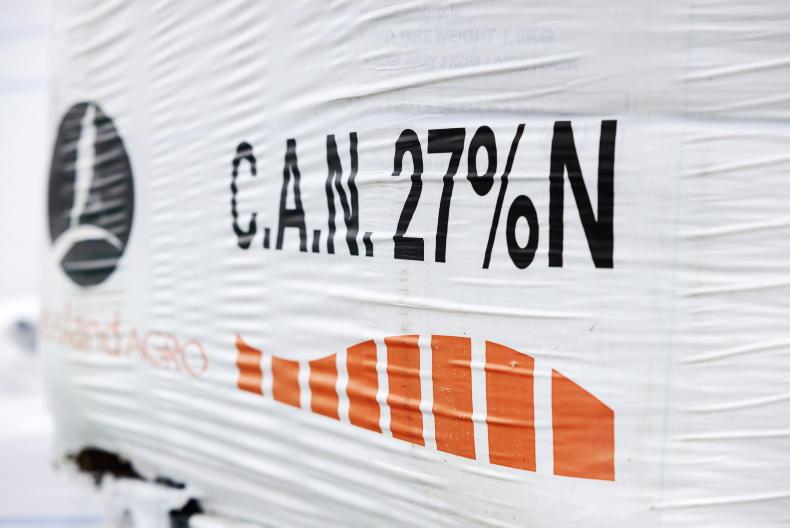
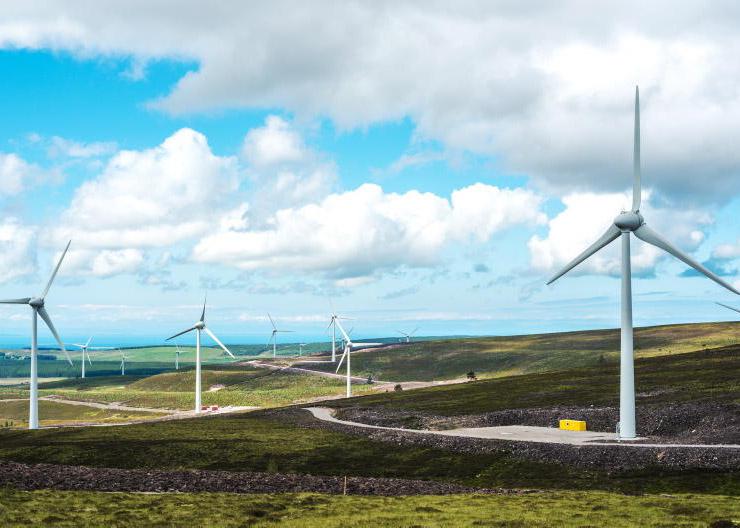

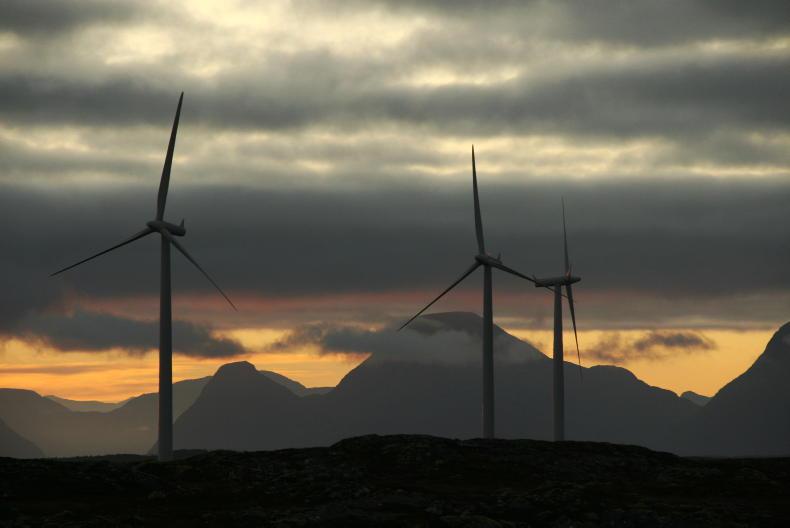
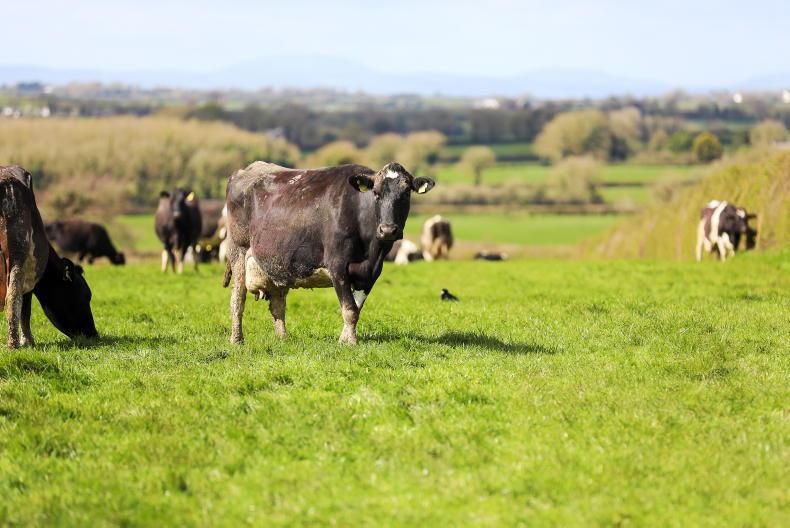
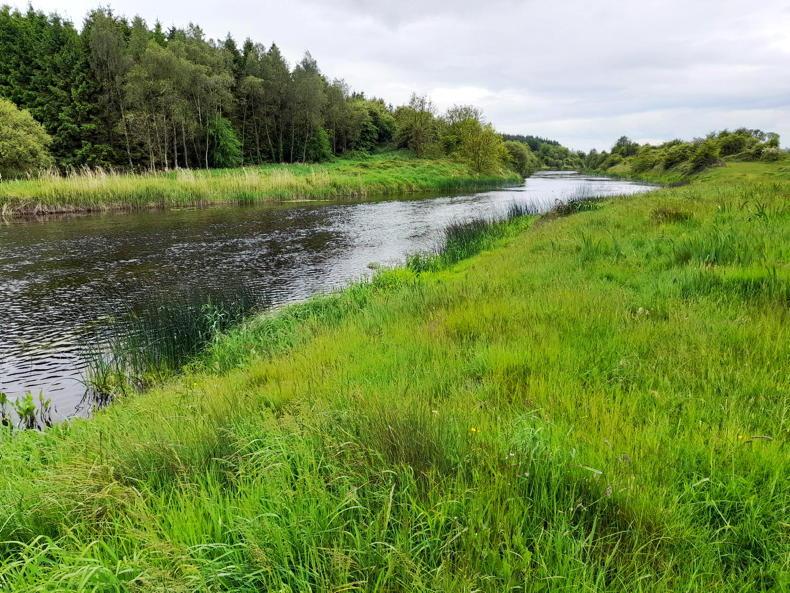
SHARING OPTIONS